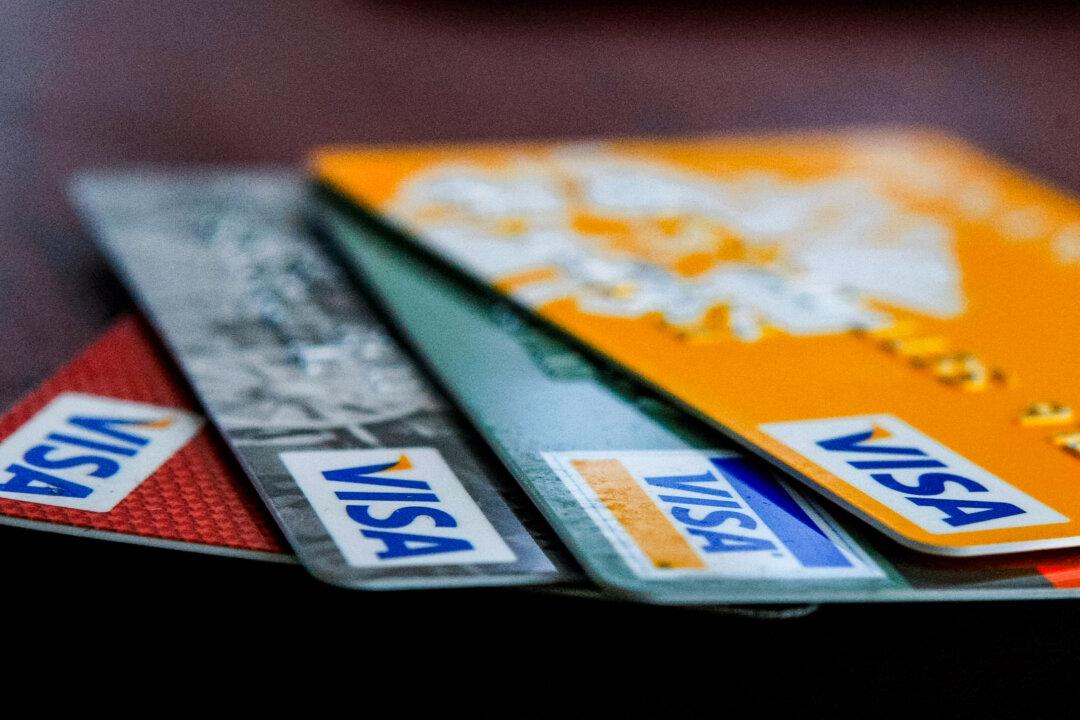The federal government has announced plans to ban debit card surcharges as part of a crackdown on excessive fees linked to card payments.
To support this initiative, the Australian Competition and Consumer Commission (ACCC) will receive $2.1 million in funding to enhance enforcement.





